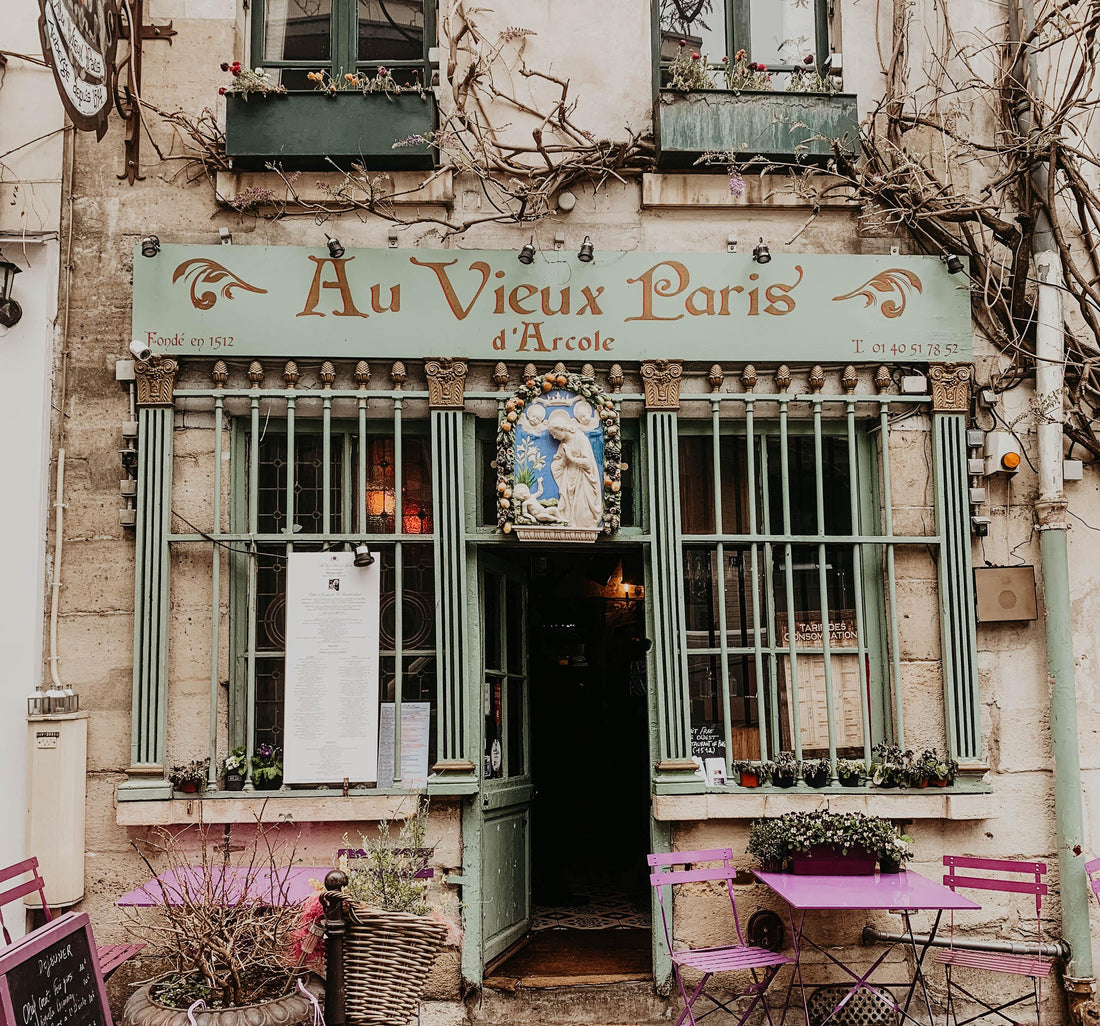
Why Tradition Matters: Honoring the Past While Embracing the Present
In a world that’s constantly looking forward, tradition can feel like an old-fashioned concept, something to set aside as we move toward what’s new and innovative. But there’s a reason traditions endure, why certain customs and practices are passed down through generations. Traditions are the threads that connect us to our roots, grounding us in shared experiences and values. They remind us of who we are, where we come from, and the wisdom that’s been carried through time.
At its heart, tradition isn’t about resisting change or staying stuck in the past. Rather, it’s about finding meaning in the familiar, celebrating the rituals that have shaped us, and bringing those elements forward into the present. Embracing tradition doesn’t mean we’re bound to do things exactly as they were done before—it means we respect the past while allowing it to inform our lives in new, meaningful ways.
The Connection Between Past and Present
Tradition offers us a sense of continuity. When we practice a tradition, we’re engaging in something that extends beyond our own lives. Think of a recipe passed down from a grandmother, the art of handwritten letters, or a yearly family gathering. These aren’t just activities; they’re reminders of the lives, stories, and values of those who came before us. By keeping them alive, we’re creating a bridge between past and present.
When I bake using an old family recipe or engage in a seasonal tradition, I’m reminded of the hands that taught me, the stories shared over the years, and the essence of family that remains constant, even as life changes around us. Each tradition becomes a moment to pause, to reconnect with what’s lasting and true. It’s a reminder that we’re part of something larger than ourselves, a lineage of memory and meaning.
Evolving Traditions with Intention
Embracing tradition doesn’t mean we must keep everything the same. As life evolves, so do traditions. They can change to fit our current lives and reflect who we are today. Adapting a tradition doesn’t diminish its value; rather, it keeps it relevant and accessible, allowing us to continue connecting with it in ways that feel genuine.
For instance, if a family gathering once involved preparing elaborate meals, today it might look different. Perhaps it’s simplified or shared potluck-style. The focus remains on coming together, creating memories, and keeping the spirit of that gathering alive, even if the form shifts over time. This flexibility allows traditions to be a part of our lives without becoming a burden, a way of honoring the past while making space for new moments and memories.
Finding Meaning in Tradition
Traditions hold a particular kind of wisdom—one that’s often felt more than explained. They teach us patience, commitment, and connection. By celebrating these practices, we learn to appreciate the small details, the rituals that feel comforting in their familiarity, and the values that they represent.
In a way, tradition is an act of mindfulness. When we engage in a ritual, whether it’s preparing a holiday meal, decorating a space, or even sharing stories, we’re fully present in that moment. We’re aware of the significance of each action and what it represents. It’s a chance to step outside the rush of daily life, to slow down and savor an experience that’s been carefully passed down, piece by piece.
Passing Traditions to Future Generations
One of the most beautiful aspects of tradition is the opportunity to pass it forward. When we teach a child a family recipe, share a cultural celebration, or explain why a certain object or activity matters, we’re giving them a piece of their heritage. We’re gifting them with a sense of belonging and a foundation that they can carry with them into the future.
Traditions don’t just connect us to the past; they connect us to the future. By sharing these meaningful practices, we’re laying the groundwork for generations to come, instilling values, stories, and memories that they, too, can carry forward and adapt in their own lives.
Honoring the Past, Embracing the Present
In the end, tradition is a celebration of both continuity and change. It’s a way to honor the wisdom of those who came before us while embracing the present moment. We carry these rituals not to be bound by them but to be enriched by them, allowing them to guide us as we create lives of meaning and connection.
To honor tradition is to honor the enduring values of family, love, resilience, and gratitude. It’s a reminder that, while the world may change around us, certain things remain true. As we carry these traditions forward, may we do so with open hearts, honoring the past while embracing the possibilities of the present.
